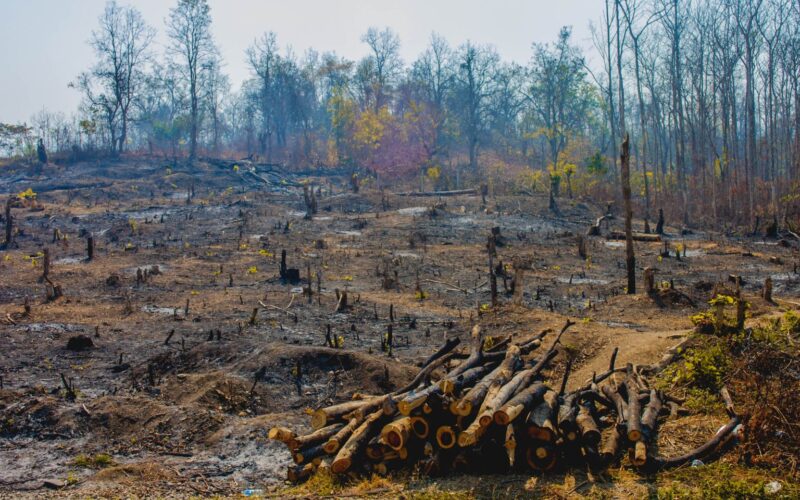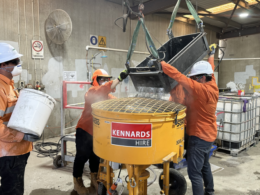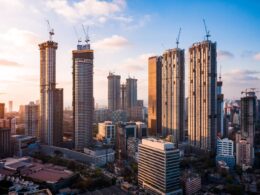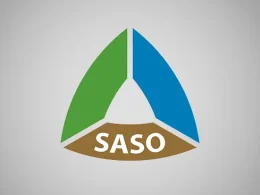Rainforest Action Network (RAN) has released new evidence that challenges the legitimacy of “sustainability-linked loans” issued to Indonesia’s Royal Golden Eagle (RGE) Group, with Japanese megabank Mitsubishi UFJ Financial Group (MUFG) being a key financier.
Despite RGE’s public commitment to zero deforestation, the evidence suggests that the conglomerate’s palm oil and pulp & paper operations continue to be linked to widespread deforestation in Indonesia, raising serious concerns about the billions of dollars provided to the group under the label of “sustainable finance.”
The report found that since 2021, RGE’s palm oil and pulp & paper businesses have secured over $4.9 billion in sustainability-linked loans. MUFG alone has provided around $630 million in financing since 2016 and has served as a lead arranger and sustainability advisor for recent deals.
Despite adopting a No Deforestation, No Peatland, No Exploitation (NDPE) policy in 2015, RGE has cleared over 1,475 hectares (3,645 acres) of forest within its concessions and supply chain.
The report indicates that sustainability finance has failed to curb deforestation, as companies connected to RGE continue to drive significant forest loss in Indonesia. Also, global brands such as Mondelēz, Unilever, PepsiCo, Kao, and Nestlé still source palm oil from RGE, despite its ongoing environmental and social violations.
“This report highlights critical flaws in the growing Sustainability-Linked Loans market. MUFG and other banks taking part in these deals appear keen to bolster their own sustainability credentials, but less interested in scrutinizing the real-world impact of RGE group’s operations. The evidence we’ve gathered shows that deforestation and land conflicts persist across RGE’s operations, contradicting the very principles these loans are meant to uphold,” said Alex Helan, a spokesperson for Rainforest Action Network.
Satellite analysis commissioned by RAN shows an increase in deforestation within RGE’s concessions, with forest loss rising from 64 hectares in 2019 to 165 hectares in 2023. The report highlights that RGE’s subsidiaries, Asian Agri and Apical, remain involved in deforestation activities, contradicting their public commitments to zero tolerance for deforestation and increased transparency. Additionally, RAN’s Carbon Bomb Scandals report revealed that Apical sourced palm oil produced illegally on deforested peatlands in a protected area known for its orangutan population. RGE is also tied to several ‘shadow companies’ in the pulp & paper sector, which are among the leading drivers of deforestation in Indonesia.
The report calls for an immediate suspension of new financing to RGE by all financial institutions, citing risks to companies continuing to do business with RGE, especially in light of the European Union’s Deforestation-Free Regulation (EUDR), which prohibits products linked to deforestation from entering EU markets.
“MUFG and other financiers must be held accountable for their role in enabling deforestation under the guise of sustainable finance. The financial sector has a duty to ensure that sustainability-linked loans are not just more greenwash but actually stop bankrolling destruction and start to drive genuine positive change,” added Helan.





















